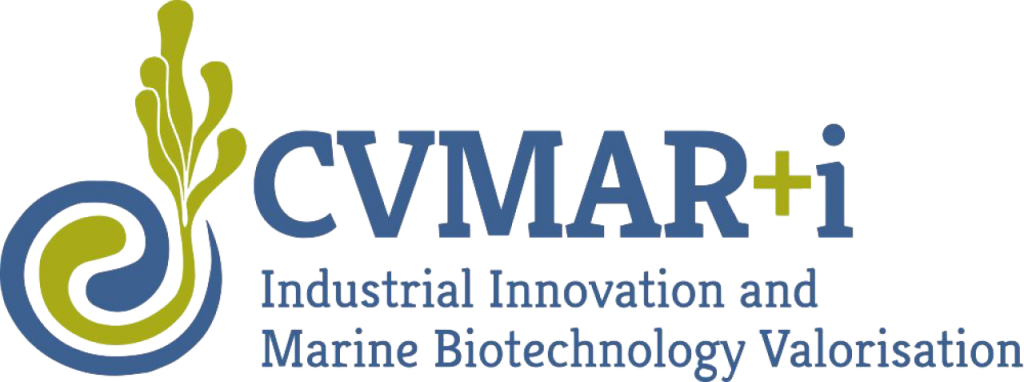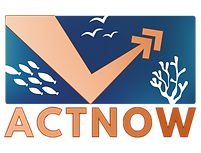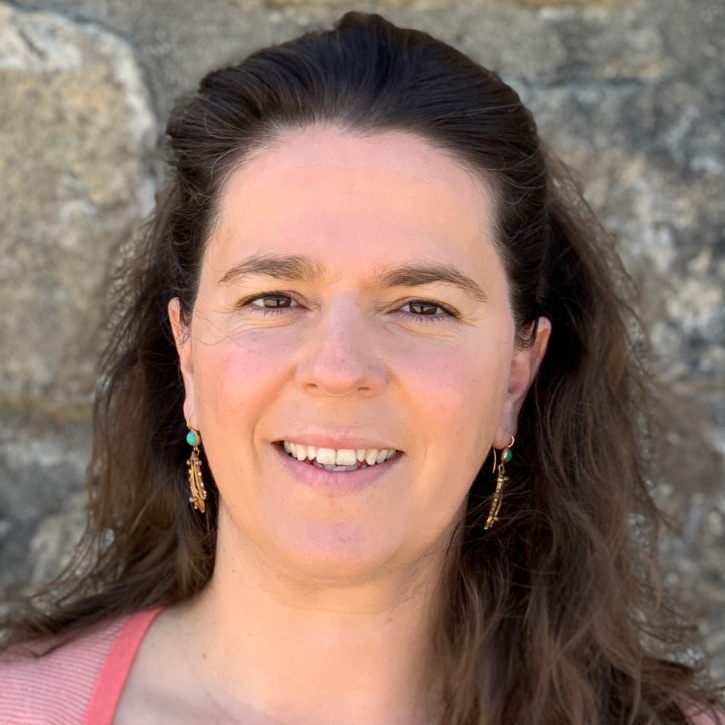

Group Leader
I am an Assistant Researcher and leader of the Deep-Sea Biodiversity and Conservation Research Team (DEEP) at CIIMAR – University of Porto (Portugal), and an invited Associate Professor in Deep-Sea Biology at the Department of Biological Sciences of the University of Bergen (Norway). I hold a PhD in Biology (2009, University of Amsterdam) and a degree in Marine Biology (2003, University of the Azores). My research focuses on the understanding of basin-scale diversity, biogeographic, and connectivity patterns of deep-sea vulnerable marine species and habitats (e.g. sponge grounds, cold-water coral gardens), using a combination of disciplines (taxonomy, systematics, ecology and genetics), and exploration and sampling tools (remotely operated vehicles, towed cameras). I also strive to advance the science-policy-society interface, working with local communities to integrate their knowledge and perceptions on marine biodiversity into decision-making; as well as developing tools and transferring knowledge to support the implementation of agreements and instruments for sustainable management, conservation, and restoration of deep-sea habitats. Over the years, I have trained and mentored over 30 students from BSc to PhD levels in the fields of sponge taxonomy, systematics, phylogenetics, and population genomics. I co-coordinated the H2020 SponGES project, and currently coordinate the DEEPbaseline project, an awardee of the Ocean Conservation Fund, and the SponBIODIV project funded in scope of the European Biodiversity partnership (Biodiversa+). I collaborate with a vast network of scientists from around the globe, as well as with local fishing communities.


